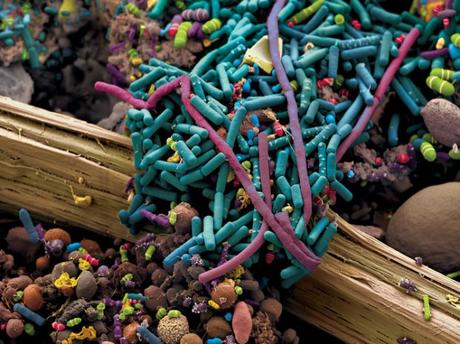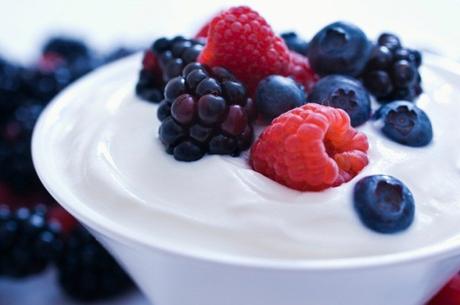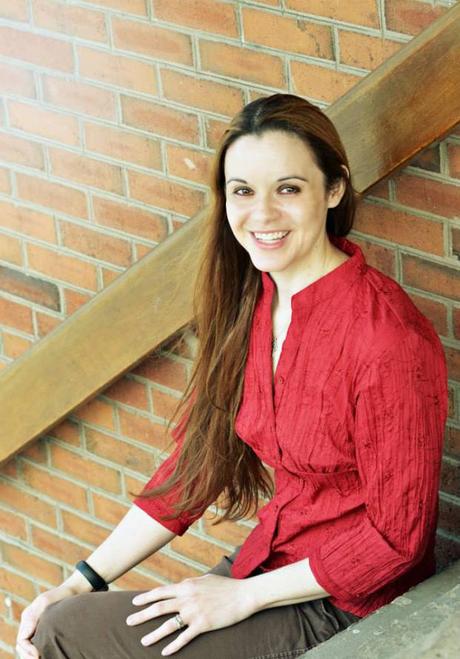
It’s easy to indulge in the why me syndrome when you have Celiac disease. Personally, I very much like the why me question. It makes my life feel a little more theatrical, dramatic. Being that the most interesting things I’ve done today was drop the dog off at the groomer and go grocery shopping I could use a little melodrama in my life. But, the why me for celiac is actually a really interesting scientific question. Why do some people get Celiac disease and others don’t? Maybe you don’t know that only 5% of people with the gene for Celiac actually go on to develop the disease. Something else besides genetics is going on here.
Recently, scientists at McMaster University in Hamilton, Ontario sought to answer this very question. And, they came up with some interesting findings. They raised rats with a genetic profile that made them susceptible for Celiac disease. They only made one thing different between the two groups, their gut flora. Our intestines are home to a massive variety of bacteria. Some are good. Some are bad. But, the composition of this bacteria can determine a lot about our health. These scientists found that it can even determine whether or not you will get Celiac. One group of rats had “clean” gut bacteria. The other group of rats had gut bacteria that included things like E. Coli and Staphylococcus. The group of rats with the dirty bacteria had a strong negative reaction to gluten (had Celiac disease), but the rats with the clean bacteria didn’t have that negative reaction. So, researchers are zeroing in on why Celiac disease develops in certain people and they’re finding it starts in your gut.

Your next question probably has to do with wondering how you can change your bacteria so you can get rid of the Celiac problem. Well, it doesn’t work that way. Once you have that immune reaction there’s no going back. However, your gut bacteria influence a lot of different things. They are, in fact, essential for life. They hang out in your intestines and help with digestion, send information to your immune system, make vitamins, and even produce byproducts that power your brain. An unhealthy gut biome has been linked to colon cancer, Chron’s Disease, ulcerative colitis, diabetes, and even obesity. Although, you can’t necessarily conclude a cause and effect relationship from studies that have seen these links there is obviously some relationship. And, knowing more about the gut flora does provide us with important information about the health of a person. An unbalance of bacteria can even promote inflammation that causes autoimmune disorders like Rheumatoid Arthritis. There’s even been connections made between bacteria in your gut and mental health issues, ADD, Autism, Alzheimer’s, etc. It doesn’t seem to be a particular bacteria that is the culprit. Instead, it is the diversity in your gut that is important.

So, how do you make your gut bacteria healthier and diverse? First, you can increase your intake of probiotics. Probiotics are these healthy bacteria. The best way to get them is through food like yogurt if you can tolerate dairy. But, if you can’t get them through food there are a ton supplements on the market. The key in taking supplements is to mix them up so that you can get greater diversity. Then, you want to feed these good bacteria with prebiotics. These non-digestible carbohydrates can be found in asparagus, onions, chicory root, and in other sources. You may want to limit your fat intake to healthy levels. Studies have shown that fat can damage the intestinal lining and allow chemicals created by nasty bacteria to get into your blood stream and cause inflammation. You also need to lower your stress level. High levels of stress create an immune response that can increase inflammation and cause the good bacteria in your gut to die and the bad to flourish.
So, even if it won’t heal your Celiac helping your gut bacteria can really improve your health. Show your gut bugs some love today!
Alicia is a super mom, wife, competitive athlete, and freelance writer. Find out more about her everyday adventures by liking her on Facebook.


